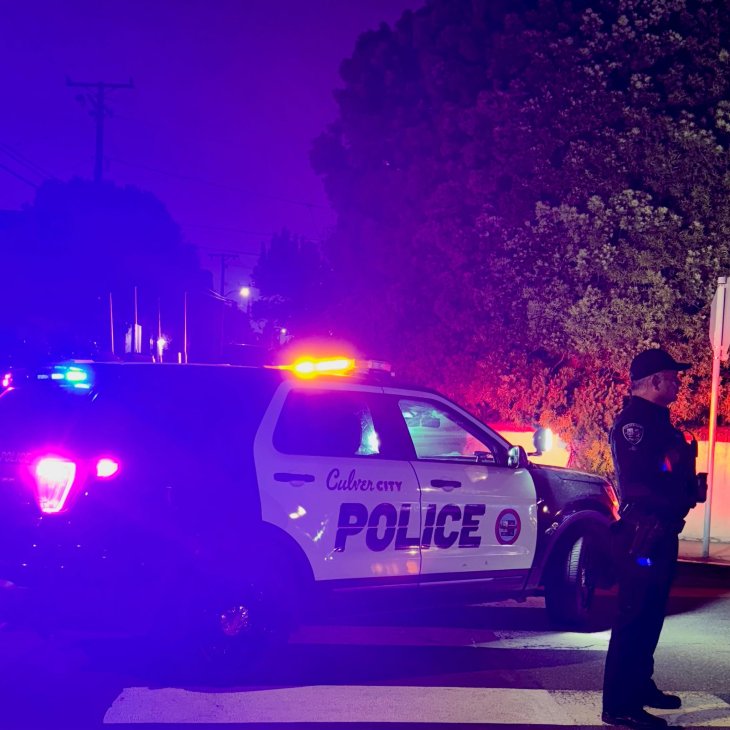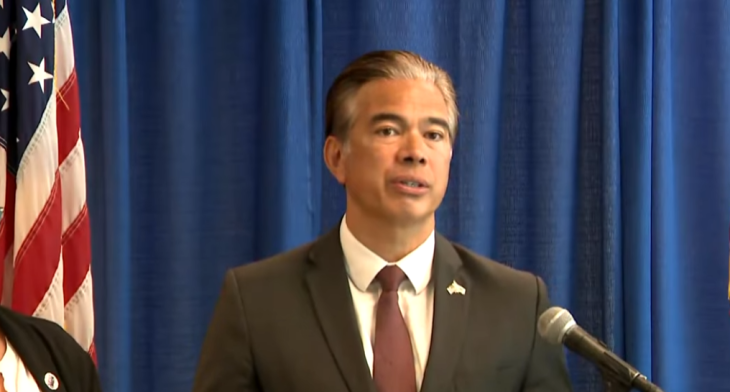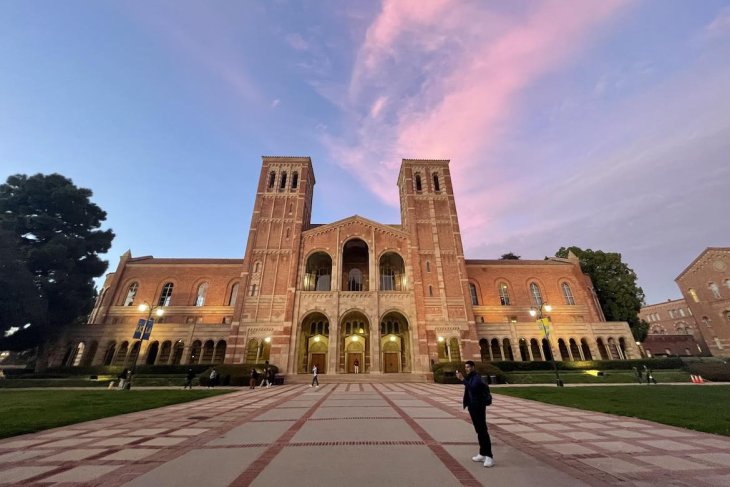Ruling Lifts Nationwide Injunction, Allowing Pentagon to Discharge Trans Troops
The U.S. Supreme Court on Tuesday cleared the way for the Trump administration to enforce its policy barring most transgender individuals from serving in the military, lifting lower court injunctions and permitting the ban to proceed while ongoing legal battles continue.
In a 5-4 decision issued without a full opinion, the justices granted an emergency request from the Justice Department, effectively allowing the Pentagon to discharge transgender service members and block new recruits under the policy initiated by former President Donald Trump in 2017. The order was unsigned, a standard practice for such emergency decisions, but liberal Justices Sonia Sotomayor, Elena Kagan, and Ketanji Brown Jackson dissented publicly.
Secretary of Defense Pete Hegseth posted this statement today from his personal Twitter account.
The policy reversal marks a huge shift from the Obama-era directive that had opened military service to transgender individuals. The Trump administration has argued that the ban is necessary to maintain military readiness and cohesion, a claim widely challenged by civil rights advocates and medical experts.
Hegseth used profanity in a speech where he said, “We are leaving wokeness and weakness behind,” and added that there would be no more vaccine mandates or “dudes in dresses.”
Currently, more than 4,000 transgender individuals are estimated to be serving in the armed forces, according to Department of Defense data. LGBTQ+ advocacy groups estimate that the number may be even higher.
The ruling directly impacts several plaintiffs, including Navy Commander Emily Shilling, who joined six other transgender service members in a lawsuit challenging the ban. The case is being led by Lambda Legal and the Human Rights Campaign Foundation.
With roughly 2.1 million active-duty personnel across all branches of the military, the ban has drawn intense criticism from LGBTQ+ rights groups, lawmakers, and military advocates who view it as discriminatory and detrimental to national security. The final legal resolution remains uncertain as the underlying case continues through the lower courts.























